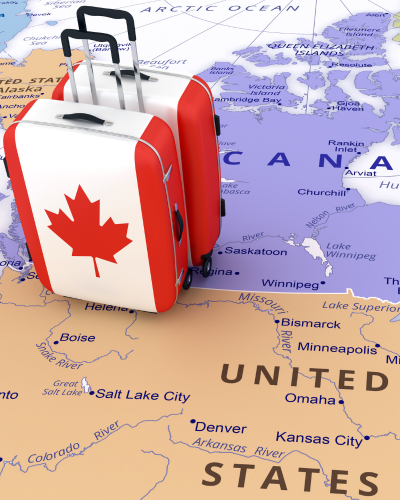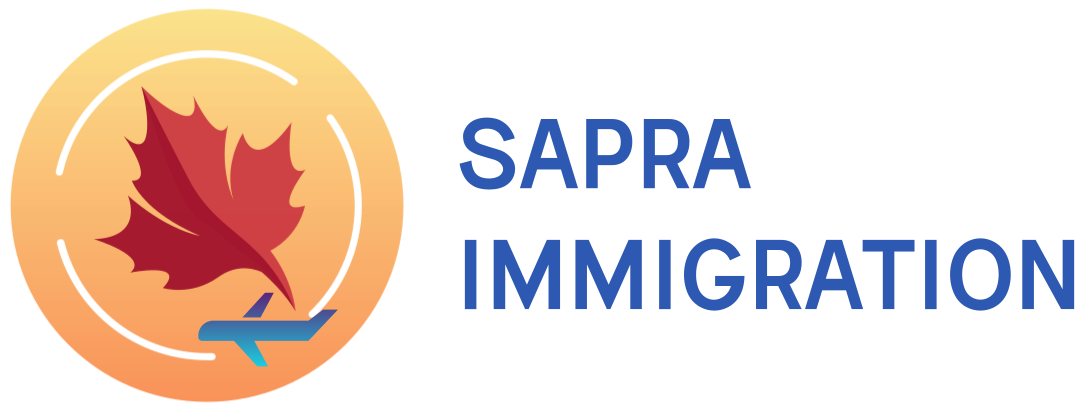Each province and territory in Canada (except Quebec) has its own immigration programs designed to meet local labor and population needs.
If you have the skills and intent to live in a specific region, a PNP may be your fastest path to permanent residency.

What is the PNP?
The Provincial Nominee Program (PNP) allows Canadian provinces and territories to nominate individuals who want to immigrate and settle in a specific region. PNPs target skilled workers, international graduates, entrepreneurs, and semi-skilled labor aligned with local job market shortages.
Each province and territory runs its own PNP with different eligibility criteria, streams, and nomination processes.
Participating provinces and territories:
● Alberta
● British Columbia
● Manitoba
● New Brunswick
● Newfoundland and Labrador
● Nova Scotia
● Ontario
● Prince Edward Island
● Saskatchewan
● Northwest Territories
● Yukon
Types of PNP Streams
PNP applications fall into two main categories:
1. Enhanced (Express Entry–Aligned) Streams
● Integrated with the federal Express Entry system
● Require a valid Express Entry profile
● Nominees receive a 600-point CRS boost
● Applications are processed within ~6 months
● 12 to 20 months
2. Base (Non-Express Entry) Streams
● Paper-based or online applications submitted directly to the province
● Used for applicants not eligible for Express Entry
● Applications are submitted to IRCC after nomination
● Processing time: ~12 to 20 months
General Eligibility Requirements
Each province has unique requirements, but general criteria include:
● Intent to reside in the nominating province
● Work experience in a relevant occupation
● Appropriate education and/or trade certification
● Valid job offer (for employer-driven streams)
● Language proficiency (CLB 4–7, depending on stream)
● Sufficient settlement funds (unless exempt)
Note: Some PNPs have specific draws for in-demand occupations or pathways for international graduates, entrepreneurs, or francophones.
Application Process
Enhanced (Express Entry–Linked) PNP Pathway
1. Create Express Entry profile
2. Apply to an Express Entry–aligned provincial stream
3. Receive a nomination certificate (600 CRS points added)
4. Wait for an Invitation to Apply (ITA)
5. Submit PR application through IRCC within 60 days
6. Await decision from IRCC
Base (Non-Express Entry) PNP Pathway
1. Apply directly to a province’s base stream
2. Receive nomination after provincial assessment
3. Submit paper-based PR application to IRCC
4. Complete biometrics, police checks, and medical
5. Await decision from IRCC
Documents and Forms
You may need the following digital forms (for Express Entry or base PR applications):
● IMM 0008 – Generic Application
● IMM 5669 – Background Declaration
● IMM 5406 – Additional Family Info
● IMM 5562 – Travel History
Supporting documents may include:
● Nomination certificate
● Passport and identity documents
● Language test results
● Proof of work experience
● Education/ECA documents
● Police clearance certificates
● Medical exam confirmation
● Settlement fund proof (if required)
Fees and Biometrics
IRCC Fees (as of 2025):
● Processing fee (Principal Applicant): $850 CAD
● Right of Permanent Residence Fee (RPRF): $515 CAD
● Spouse: $850 + $515
● Dependent Child: $230 per child
● Biometrics (per person): $85 or $170 per family
Other Fees:
● Provincial application fee: Varies by province (from $0 to $1,500+)
● Third-party costs: Language tests, ECAs, medicals, police certificates
After Nomination: What Happens Next
Once you receive a provincial nomination:
● Express Entry nominees receive a CRS boost and wait for an ITA
● Base stream nominees must submit a paper-based PR application to IRCC
If approved:
● IRCC will issue a Confirmation of Permanent Residence (CoPR)
● If applicable, you will receive a PR visa
● You must complete your landing before the expiry of your medical results or travel document
Not always. Some provinces (like Ontario or Nova Scotia) have streams that do not require a job offer.
You may technically apply to more than one, but provinces assess your intention to reside, and dual applications can raise red flags.
Enhanced PNPs through Express Entry are often faster. Base streams take longer.
Enhanced PNP is linked to Express Entry and offers faster processing. Base PNP is paper-based and processed directly by IRCC.
You are expected to live in the nominating province. Moving immediately can trigger questions about misrepresentation.
Yes. Most PNPs allow you to include dependents in your PR application.
Not Sure Which Province is Right for You?
With over 80+ PNP streams across Canada, finding the right pathway can be overwhelming. At Sapra Immigration, we help you assess eligibility, prepare your profile, and submit a complete PNP application—whether through Express Entry or directly with the province.
